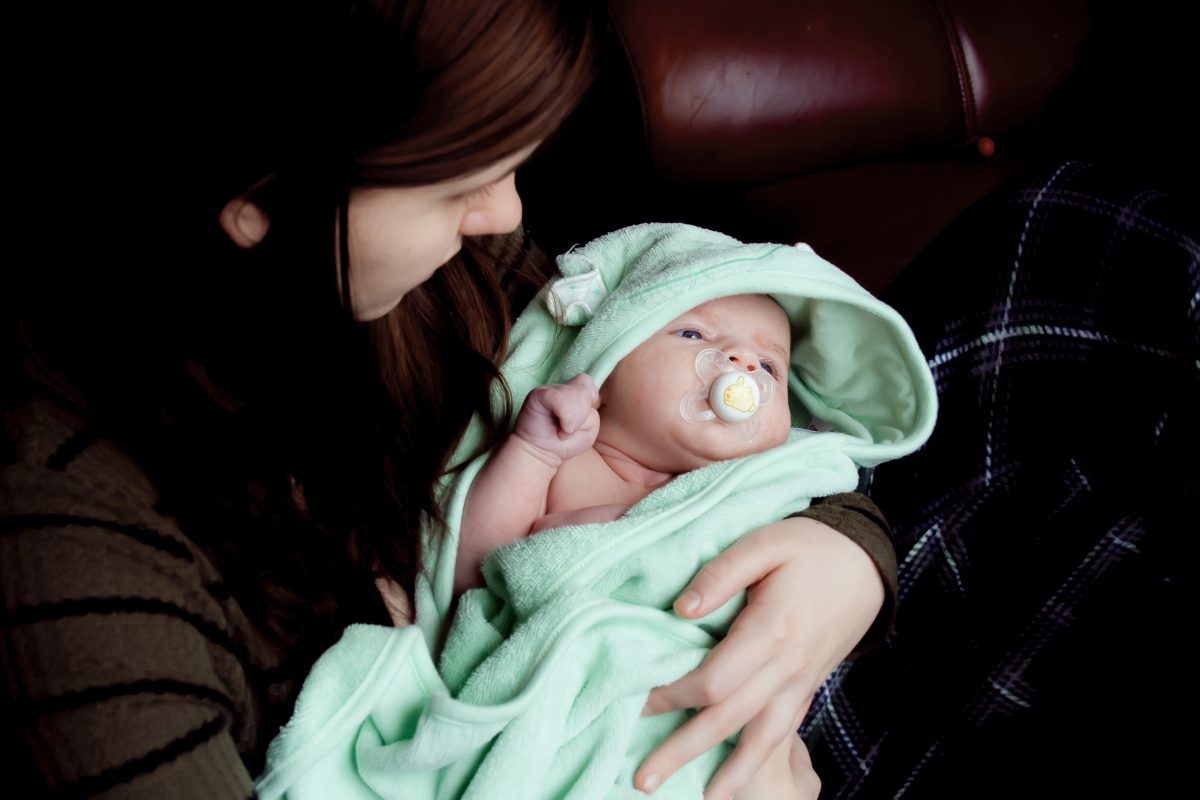What Works for Children’s Social Care (WWCSC) is delighted to announce funding of over £1 million to prevent harm to babies and young children and support the mental health of unaccompanied asylum-seeking children.
The three projects, which will operate in nine local authorities around England, were selected from more than 27 applications. The money will fund the roll-out of the programmes, as well as an evaluation of each to help improve the knowledge base around effective interventions in children’s social care.
The projects announced today are:
- Empowering parents and professionals using video interaction guidance (VIG): This project will train and intensively supervise 21 social workers in four local authorities to deliver VIG, which already has evidence of effectiveness in other settings, to families with a baby aged up to one year. The project aims to help safely reduce the number of young babies entering care, by improving the parent-infant relationship and helping their parents to be better attuned to their baby’s needs. The programme will be delivered by Babies1st, and evaluated by a team from IFF Research and the Policy Evaluation and Research Unit at Manchester Metropolitan University.
- Thriving babies: Confident Parents: Delivered by Manchester City Council, this programme aims to support parents of babies with complex vulnerabilities or who have previous experience with children’s social care. Thriving babies: Confident Parents will provide trauma-based, intensive, multi-agency support to up to 60 families from two localities in Manchester. A pilot evaluation will be led by a team at Oxford Brookes University.
- My View: My View will provide specialist mental health support for Unaccompanied Asylum Seeking Children in four regions – London, Leeds, Liverpool and Kent. The programme, coordinated by the Refugee Council, provides multi-level support ranging from group therapy sessions and psychoeducational workshops, to one-to-one counselling sessions and clinical consultations. The programme hopes to increase psychological and emotional wellbeing of the young people and support their integration into education and wider society. This intervention will be evaluated by Ipsos MORI in collaboration with The Centre for Evidence and Implementation (CEI).
As well as the potential benefits offered by the interventions themselves, this funding will provide benefit to the wider children’s social care sector, by contributing to the evidence base on what interventions work to improve outcomes for these groups.
Infants under the age of one have been identified as an area of concern by the National Child Safeguarding Review Panel. In summer 2020 the Panel published a review of sudden, unexpected death in infants and announced non-accidental deaths of children under one year old as the subject of their next review. These new projects, along with other projects across WWCSC, will give better insight into how this particularly vulnerable group can be supported.
Louise Jones, Director of Programmes, What Works for Children’s Social Care, said:
“These projects aim to improve outcomes for two particularly vulnerable groups – young babies and unaccompanied asylum seeking children. I’m delighted to be expanding the evidence base so we better understand how to support these children and young people to thrive.”
Enver Solomon, CEO of the Refugee Council, said:
“This grant funding will enable us to provide some of the UK’s most vulnerable children with life-changing therapeutic support through our My View Children’s Therapy service. When refugee children arrive in the UK alone, after fleeing war and persecution, having a safe and confidential space to process their trauma is an essential step in moving on and rebuilding their lives. With this funding we will deliver individual therapeutic sessions to refugee children, together with group activities such as gardening and creative play, and training for professionals working with unaccompanied refugee children.”
Monika Celebi, Clinical Director of Babies1st, said:
“Babies1st are delighted to be awarded this grant. We think that training workers in Children’s Services to provide Video Interaction Guidance (VIG) will have a profound impact on the lives of families with babies. Supporting attuned connections between parents and babies are at the heart of the VIG method, which aims to reduce risk and improve the capacity for love and empathy in families. This project will generate valuable information on the benefits of VIG for the most vulnerable families as well as for the well-being of the social care workforce.”

